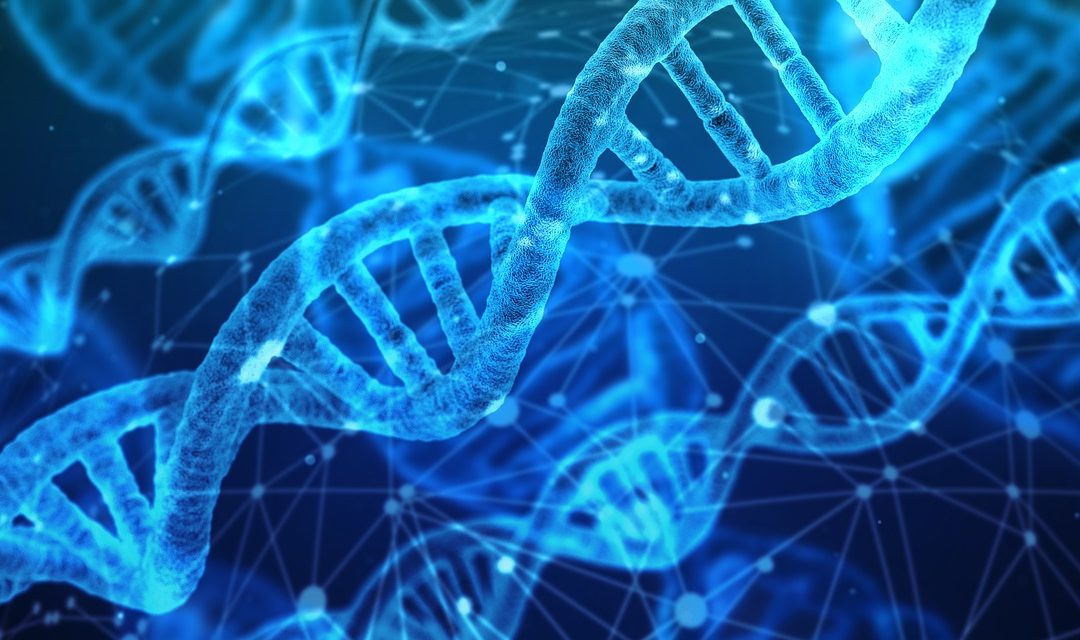A genealogist brings your family history to life. If you are on a quest to find the long-lost history of your ancestors and have exhausted all means without any fruitful result, a genealogist may provide the solution to your dilemma. Continue to read as we discuss what exactly a genealogist does.
Why genealogy is important
Learning about the family history may help you know about your roots, connections, and even your identity. However, with time, traces of these connections may fade away as family members drift apart or important documents get misplaced. Suppose you do not have the requisite resources to dig out your ancestors’ history or lack the expertise to draw important inferences from the available resources. In that case, you can hire a genealogist to do the job.
They can provide you with important information about your ancestors regarding their births, marriages, and deaths. As a result, you can find out your family stories and important events. You can dig out information related to inheritance or asset ownership. You can also find out about prospective medical conditions by finding out the medical history of your predecessors. In some instances, you can also acquire the services of a genealogist to verify proof of paternity.
What does a genealogist do?
Webster defines a genealogist as a person who studies and traces the ancestry of families or individuals. Genealogists are trained professionals who are qualified to study the family ancestry to trace the history, relationships, and family line. They carry out research to find out about the descendants of the family.
This is how a genealogist does the job
.
- They need to conduct genetic/DNA tests, oral versions, and research related to birth, marriage, and death records to gather evidence and relevant information.
- They work closely with their clients and search through public records and historical documents so that the client’s family can be traced.
- Their methodology also includes consultations and interviews with the client to discover what they know about their ancestry. Meanwhile, the client communicates to them their expectations from the research.
- The external information gathered along with the DNA tests can then be combined with the client’s account to start the research.
- The subsequent steps include exploring birth, marriage, and death certificates, property records, tax documents, immigration records, journals, diaries, family heirlooms, etc.
- The information is then inferred to draw linkages, draft a family tree and provide the client with the requisite information.
Hiring a genealogist
If you want to hire a genealogist for any purpose, you need to assess the services they offer, get a background check or analyze customer reviews before deciding. You may need to evaluate their competence level in terms of their experience, the quality of their work, and the thoroughness of the research process. The competence level may vary across the multiple tasks that are performed during the course of the job. Some may be strong in research, while others’ strong suit could be their consultation services. Therefore, you can make a decision based on your requirement and the relevant information available.

